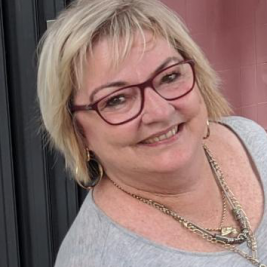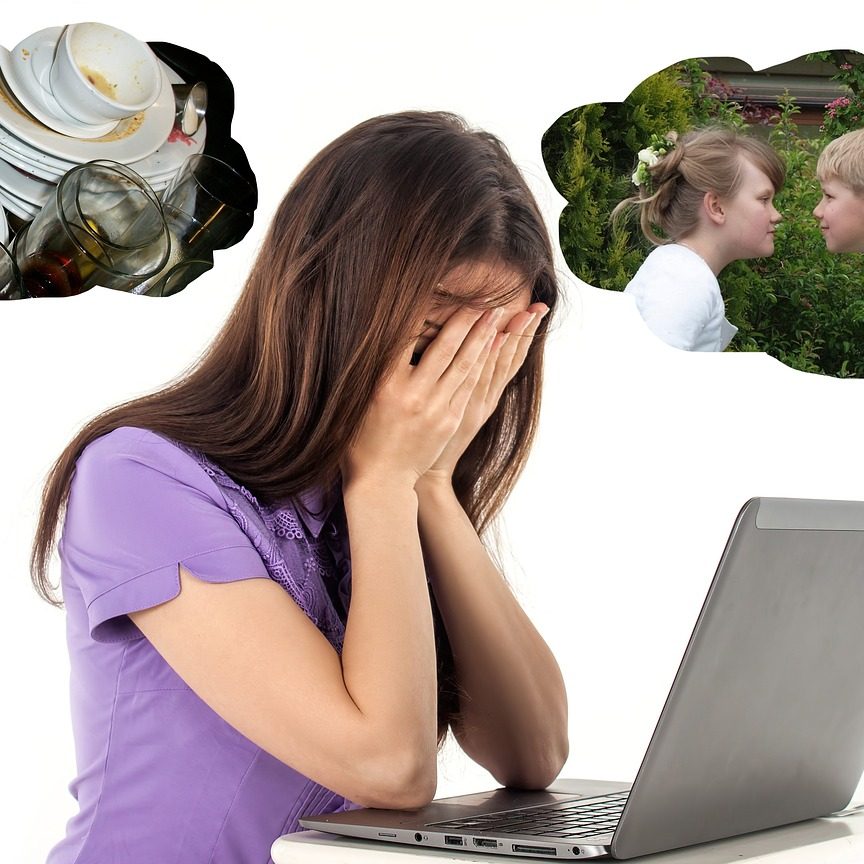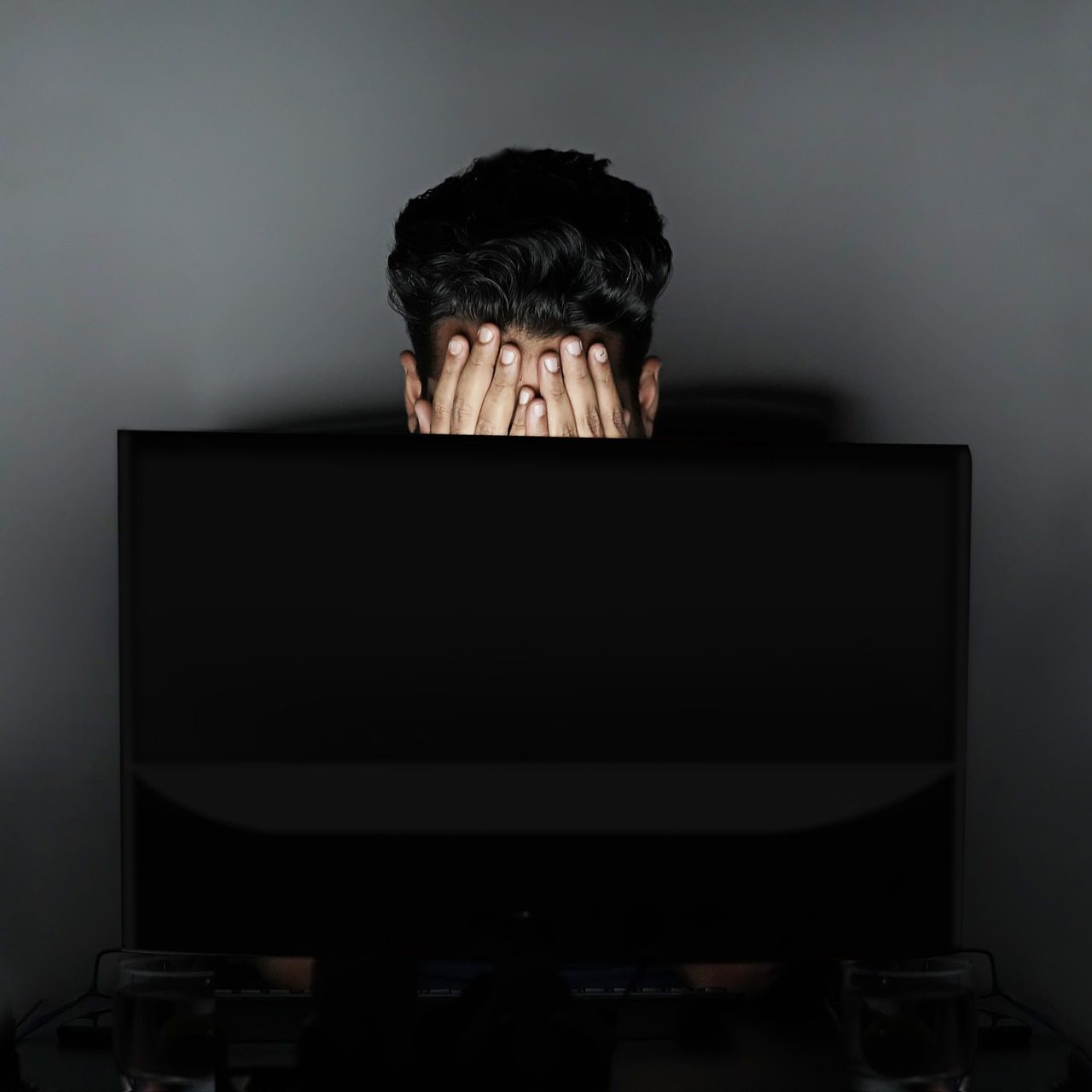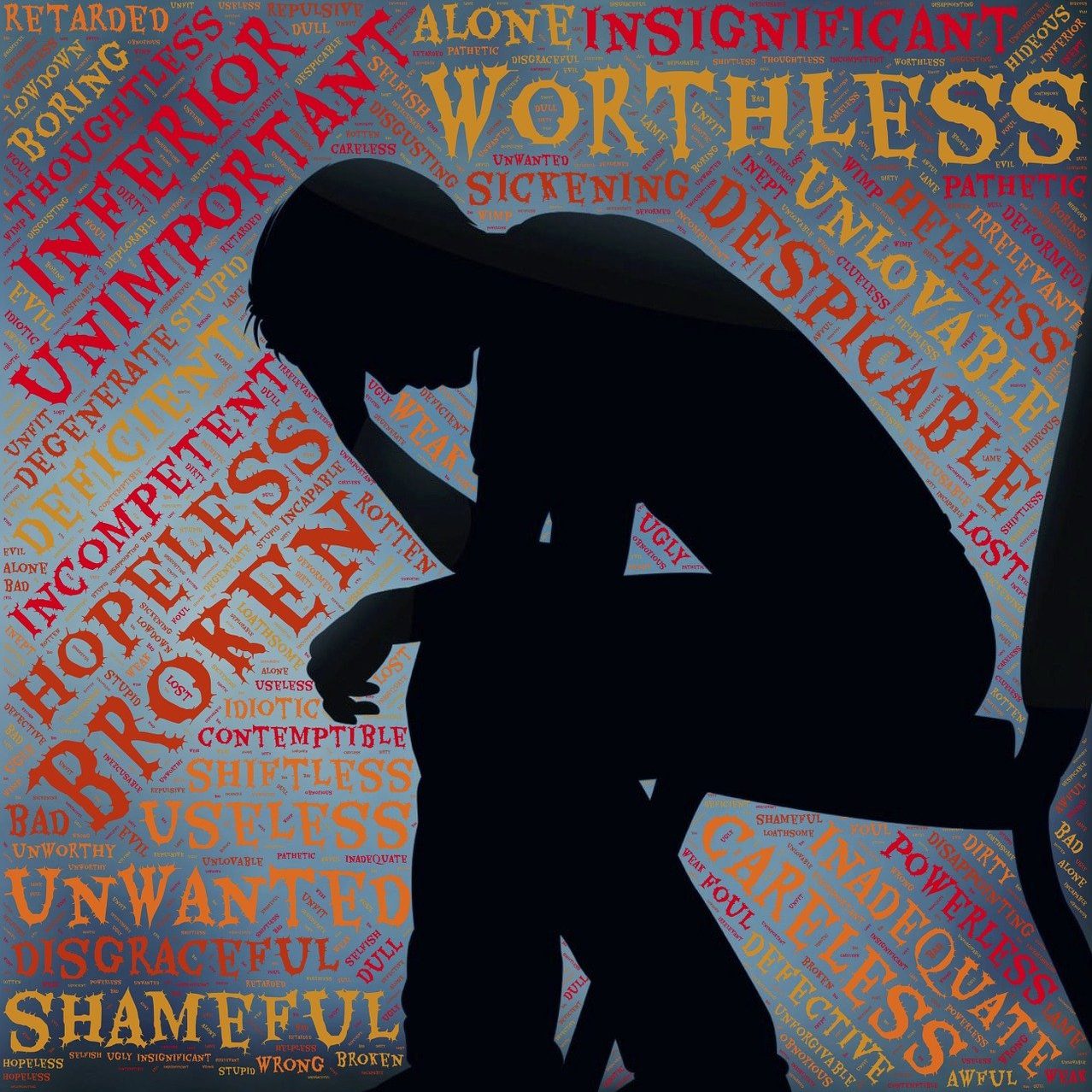How you can take charge of fear in the midst of the COVID-19 crisis.
The novel coronavirus has now made it to every continent except Antarctica. As it continues to spread, we are constantly inundated with updates on the virus and the latest death tolls. Understandably, this can be overwhelming. Here are some things you can do if you are feeling anxious about this public health crisis.
1. Do what you can to prepare.
According to the CDC and the World Health Organization (WHO), there are some steps you can take to reduce the risk of contracting the novel coronavirus. Most are common-sense measures, like washing your hands thoroughly, disinfecting commonly used household surfaces (such as doorknobs and light switches), keeping hands away from your face, and steering clear of others who are coughing or sneezing.
In addition, try to keep yourself in good health so that your immune system functions at its best. Simple practices like eating a variety of fruits and vegetables, exercising regularly, and keeping up with regular preventative care can go a long way. Make sure that you are up to date with recommended immunizations, especially those that protect against flu and pneumonia as these illnesses can make you more susceptible to the novel coronavirus. Influenza and pneumonia can also cause additional serious complications if you contract them along with or as a complication of coronavirus. Talk with your doctor to determine if you require additional immunizations.
2. Don’t overdo the preparation.
While preparation can be helpful, at a certain point it becomes counterproductive. A good example of this is the recent surge in demand for face masks. The WHO recommends wearing a mask only if you are coughing or sneezing, or if you are caring for someone who has COVID-19.
Otherwise healthy individuals will not gain much from the use of masks as a preventative measure. In fact, according to the U.S. Surgeon General and infectious disease experts, wearing a mask may put you at increased risk of contracting the virus due to improper use, incorrect disposal, poor fit, and more frequent contact with your face (Washington Post, 2020). Taking extreme and unnecessary measures like this can also stoke your anxiety by making you believe that you are at higher risk than you actually are.
3. Limit exposure to the news.
There are an incredible number of news outlets and an even more endless supply of information available on social media. If you are anxious about COVID-19, you may find yourself spending a lot of time searching for updates and reassurance. This is usually counterproductive, as many outlets and social media networks draw on catastrophic or sensational stories to get views. Limit yourself to checking news stories once a day.
Turn off automatic news notifications on your smartphone. Trust that if there is an important development, you will hear about it quickly.
4. Be wary of where you are getting information.
Where you get your news also matters. Make sure to use reliable sources, like the CDC, WHO, or major news outlets. Do not trust updates on social media without thoroughly investigating the source. Remember that no news source can provide information on your own personal risk of contracting or having serious complications from the novel coronavirus. To best understand this, consider talking with your primary care doctor or other healthcare provider.
5. Practice mindfulness and cognitive behavioral therapy (CBT) techniques.
Our minds are made to protect us. As such, we are biased toward attending to potential threats. When you find yourself swept up in thinking about the scary things that could happen, it’s important to remember this tendency to overestimate the likelihood of a bad outcome. Yes, it is possible that something bad could happen. Acknowledge these worries, but practice refocusing your mind on the present. Starting a formal mindfulness meditation practice can help you develop the skills to do this. (For more on how to apply mindfulness and CBT techniques to this recent public health crisis, see this post by Seth Gillihan.)
6. Connect with others, even if you can’t do so physically.
It is important to continue engaging with others, especially during times of crisis. Even if you can’t physically meet up, reach out with a phone call or video call like FaceTime or Skype when you are feeling stressed. Many people are feeling the same anxiety, and reaching out can help to normalize your fears and learn how others are coping.
7. Treat underlying mental illness.
For people with existing conditions like depression, anxiety, and obsessive compulsive disorder, news of COVID-19 may increase symptoms. Feelings of helplessness, panic, contamination fears, health-related anxiety, and generalized anxiety can all be worsened by epidemics and other similar disasters. It is important to make sure that your underlying mental illness is adequately treated. If you notice that your mental health is suffering lately, make an appointment with your doctor and/or therapist to discuss treatment strategies.
References
- Centers for Disease Control and Prevention. (2020, March 9). COVID-19 Situation Summary, Cases in the U.S. https://www.cdc.gov/coronavirus/2019-ncov/cases-inus.html.
- Centers for Disease Control and Prevention. (2020, March 6). Influenza (Flu), Preliminary In-Season 2019-202 Burden Estimates. https://www.cdc.gov/flu/about/burden/preliminary-in-season-estimates.htm
- World Health Organization. (n.d.) Coronavirus disease (COVID-19) advice for the public: When and how to use masks. https://www.who.int/emergencies/diseases/novelcoronavirus-2019/advice-for-public/when-and-how-to-use-masks

Annette Wright
How We Can Help
We offer a comfortable, therapeutic experience so you feel safe and secure when reaching out for help.
Anxiety
Anxiety and panic attacks can be very debilitating. There are a number of types of anxiety disorders and our trained psychologists can help in overcoming them.
Work Stress
Workplace situations can add to an individual’s personal stress levels. We can offer interventions and methodologies to assist in dealing with these stressors.
Relationships
Successful healthy relationships take work and can be difficult to succeed with. Our counsellors can offer guidance and assistance in helping you and your partner get there.
Depression
A very common problem which ranges from mild depression to clinical depression of which there are a number of types. Along with counselling – relaxation, positive thinking, diet and exercise can also help.
Self Esteem
Problems with how satisfied we are of ourselves can be changed. Individuals can do this but sometimes the help of a professional is needed, especially if low self worth is the result of other problems such as depression or anxiety.
AusPsychology
Our caring and highly qualified professionals in Brisbane are university trained, registered with the psychologists board and members of the Australian Psychological Society. They have extensive knowledge, skills, and experience in understanding people and their behaviour.
Get In Touch
07 3367 0333
Find Us
Milton Village Medical
Level 1/36 Baroona Road
Milton QLD 4066




